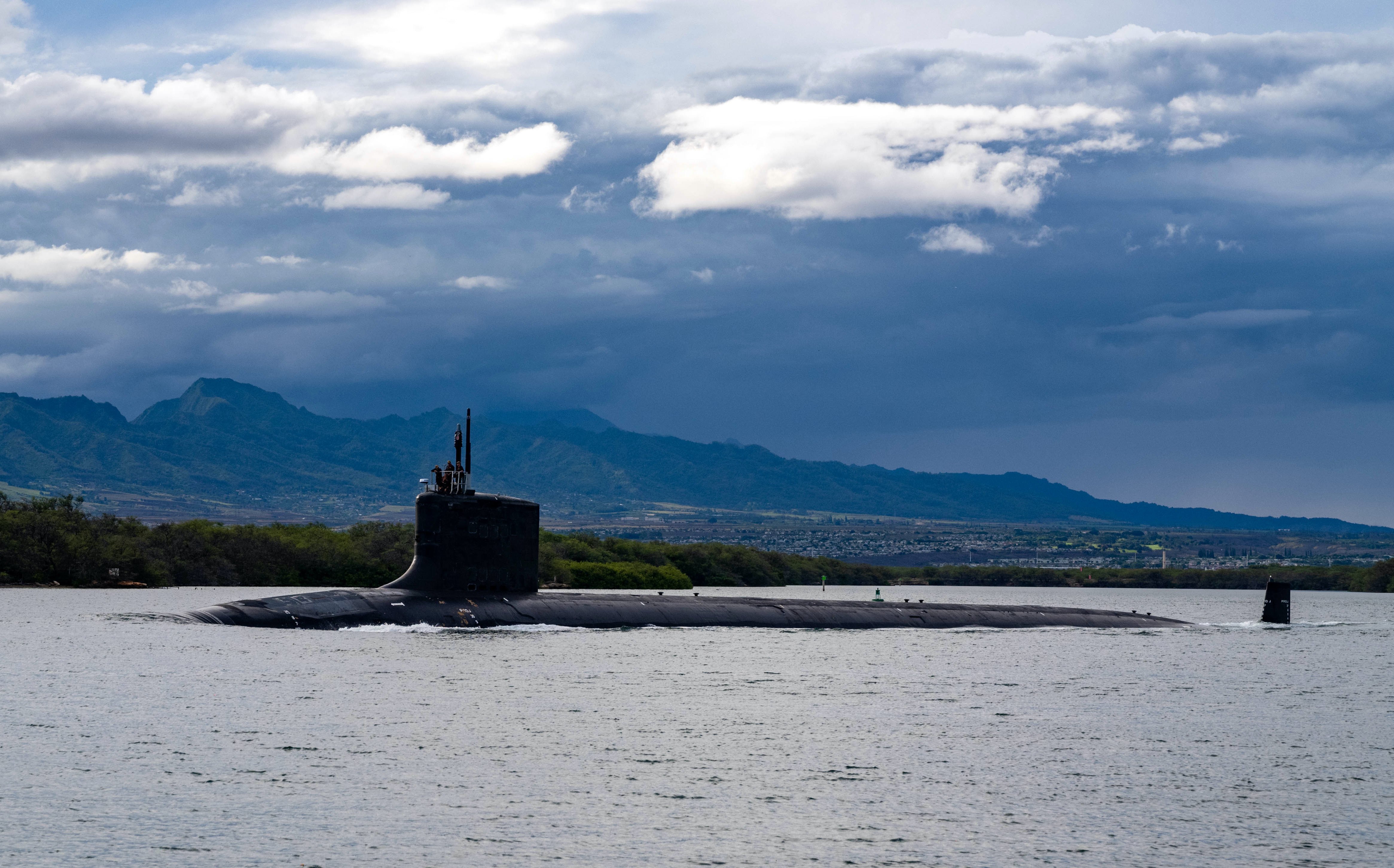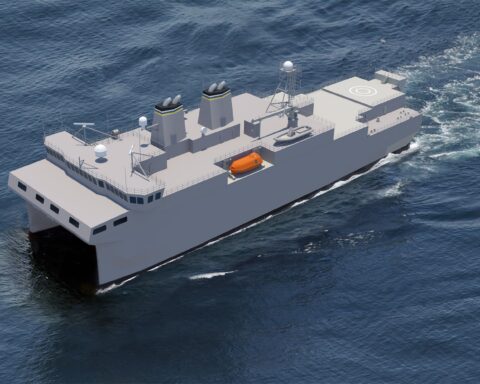The following is the Congressional Research Service Feb. 24, 2023, In Focus report: Syria and U.S. Policy.
From the report
Since 2011, conflict between the government of Syrian President Bashar al Asad and opposition forces seeking his removal has displaced roughly half of the country’s population and killed over half a million people. Five countries operate in or maintain military forces in Syria: Russia, Turkey (Türkiye), Iran, Israel, and the United States. The United States seeks a negotiated political settlement to the Syria conflict and the enduring defeat of the Islamic State (IS, aka ISIS/ISIL). Issues facing U.S. policymakers include responding to threats posed by IS remnants and detainees, countering Al Qaeda, facilitating humanitarian access, and managing Russian and Iranian challenges to U.S. operations. The February 2023 earthquakes created additional humanitarian needs in northwest Syria; U.S. response efforts seek to assist earthquake victims without bolstering the Asad regime.
Areas of Control
Rival administrations hold territory in Syria, including:
The Asad Government
The Asad government—backed by Russia, Iran, and aligned militia forces—controls about two thirds of Syria’s territory, including most major cities. In 2021, President Asad won a fourth seven-year term; U.S. officials described the election as “an insult to democracy.” Pockets of armed resistance to Asad rule remain, particularly in the south.
Kurdish-Arab Military and Civilian Authorities
Following the defeat of the Islamic State by the U.S.-backed Syrian Democratic Forces (SDF), Kurdish authorities and their Arab partners in northeast Syria established the Autonomous Administration of North and East Syria (AANES), also known as the Self Administration of Northeast Syria (SANES). The SDF and its political wing (the Syrian Democratic Council, SDC) play a leading role in the AANES, whose leaders have stated that it is not aligned with either the Asad government or with opposition forces. Turkey has clashed with the main Kurdish group within the SDF because of its links with the Kurdistan Workers’ Party (PKK), a U.S.-designated Foreign Terrorist Organization (FTO).
Opposition and Extremist Forces
Opposition-held areas of northwest Syria are administered by the Syrian Salvation Government (SSG). The SSG was established in 2017 and is affiliated with Hayat Tahrir al Sham, which is an FTO due to its links to Al Qaeda. Many residents of this area have been displaced from areas of Syria now under Asad control, and an estimated 75% depend on U.N. assistance to meet their basic needs.
Turkish Forces and Aligned Militias
Turkish-held areas of northern Syria include territories occupied by Turkish forces in cooperation with Syrian Arab proxy forces. In these areas, Turkey has established local councils subordinate to the Turkish provinces they border, with Turkish provincial governments overseeing the provision of some basic services.
2023 Earthquakes
On February 6, 2023, successive 7.8 and 7.5 magnitude earthquakes struck southern Turkey near the Syrian border, resulting in over 47,000 fatalities across both countries. Within Syria, the northwest—including areas controlled by opposition and extremist groups, and by Turkish-backed Syrian militia forces—was most impacted.
Following international pressure, President Asad on February 13 authorized the United Nations to use the Bab al Salam and Al Ra’ee border crossings to reach opposition held areas of northwest Syria for a period of three months. Prior to this, U.N. agencies were limited to the Bab al Hawa crossing, which remains the only border crossing authorized by the U.N. Security Council (UNSC) for the delivery of cross border aid into Syria.
U.S. Response. On February 9, U.S. officials announced $85 million in humanitarian assistance to earthquake-affected populations in Turkey and Syria. On February 19, U.S. officials announced an additional $100 million in Emergency Refugee and Migration Assistance (ERMA) funds and humanitarian assistance to support the earthquake response. While stating that “U.S. sanctions programs already contain robust exemptions for humanitarian efforts,” on February 9, the U.S. Department of the Treasury issued Syria General License 23, “Authorizing Transactions Related to Earthquake Relief Efforts in Syria,” which authorizes for 180 days all transactions related to earthquake relief that would otherwise be prohibited by the Syria Sanctions Regulations.
Download the document here.





